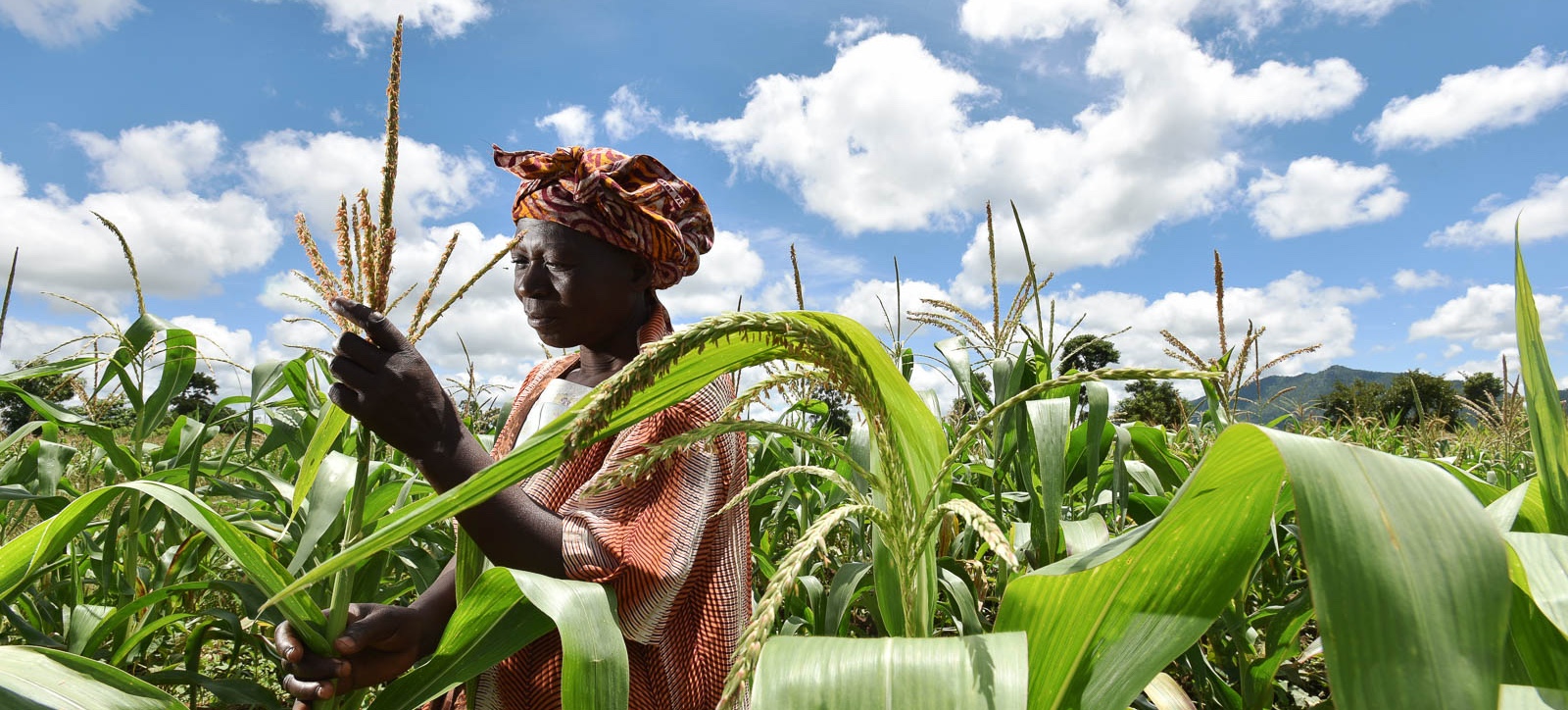Cost-effectiveness of complex RFSA interventions

NeilPalmer | World Bank Photo Collection via Flickr
Study Context
Despite recent development, Malawi and Zimbabwe continue to face food insecurity. In line with the policy objectives of both governments, USAID’s Bureau for Humanitarian Assistance (BHA) has funded two large-scale, multi-year Food Resilience Security Activities (RFSA) focused on ultra-poor and very poor households in both settings. The NGO CARE International is implementing a $75M RFSA in Malawi called Titukulane and a $50M RFSA in Zimbabwe known as Takunda. Randomized evaluations are underway to evaluate both interventions. CEGA’s Cost Transparency Initiative (CTI) is integrating a rigorous cost analysis of Titukulane and Takunda concurrently with the impact evaluation
Study Design
This study will estimate the comprehensive cost per beneficiary for Titukulane and Takunda. The interventions each offer a mix of 10-15 services to beneficiaries such as cash transfers, savings groups, and nutrition training. Our work to parse the cost per beneficiary includes differentiating the cost of these services across different sub-populations and geographies. We will collect primary and secondary data to evaluate the costs and will evaluate the cost-effectiveness of the activities.
Results and Policy Lessons
Results forthcoming. CEGA will combine insights from these projects with learnings from other studies to create a toolkit for conducting transparent and reproducible costing analysis. This toolkit will provide guidance for costing RFSA’s along three stages: cost pre-analysis planning, process guidance, and analysis guidance to assist USAID and other stakeholders to incorporate costing analysis into future programs.

